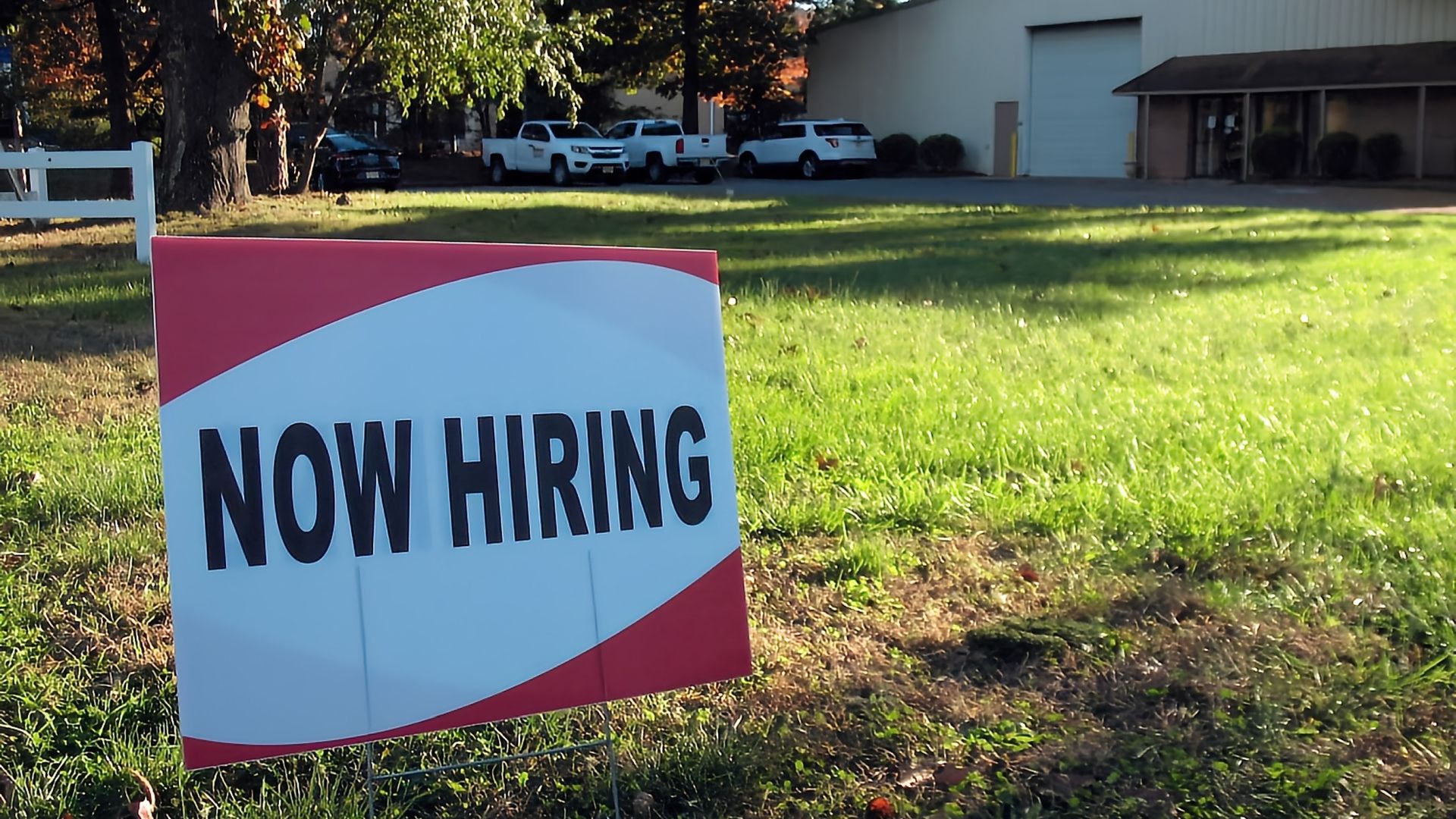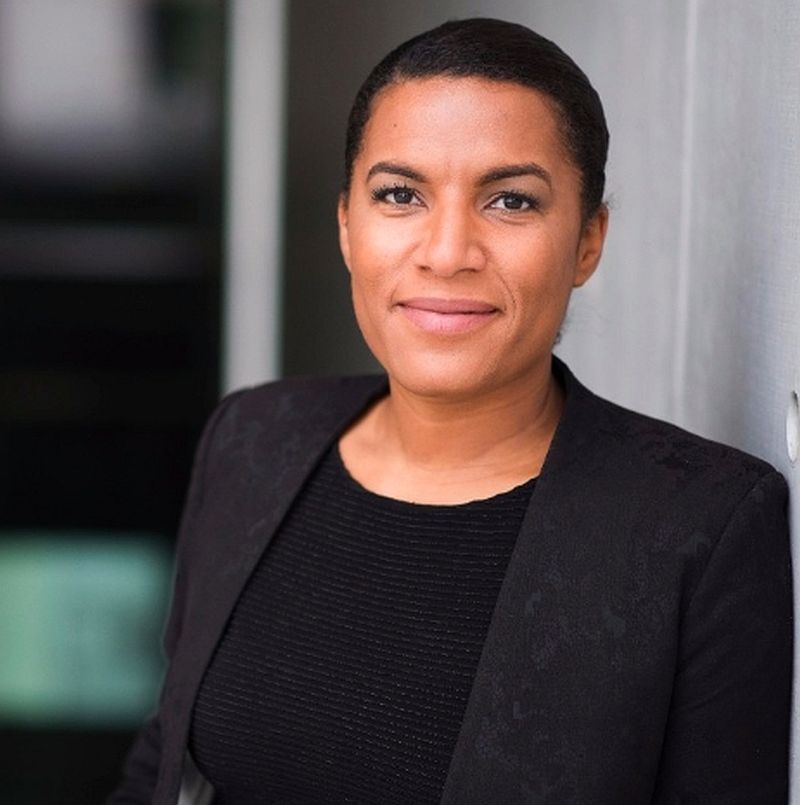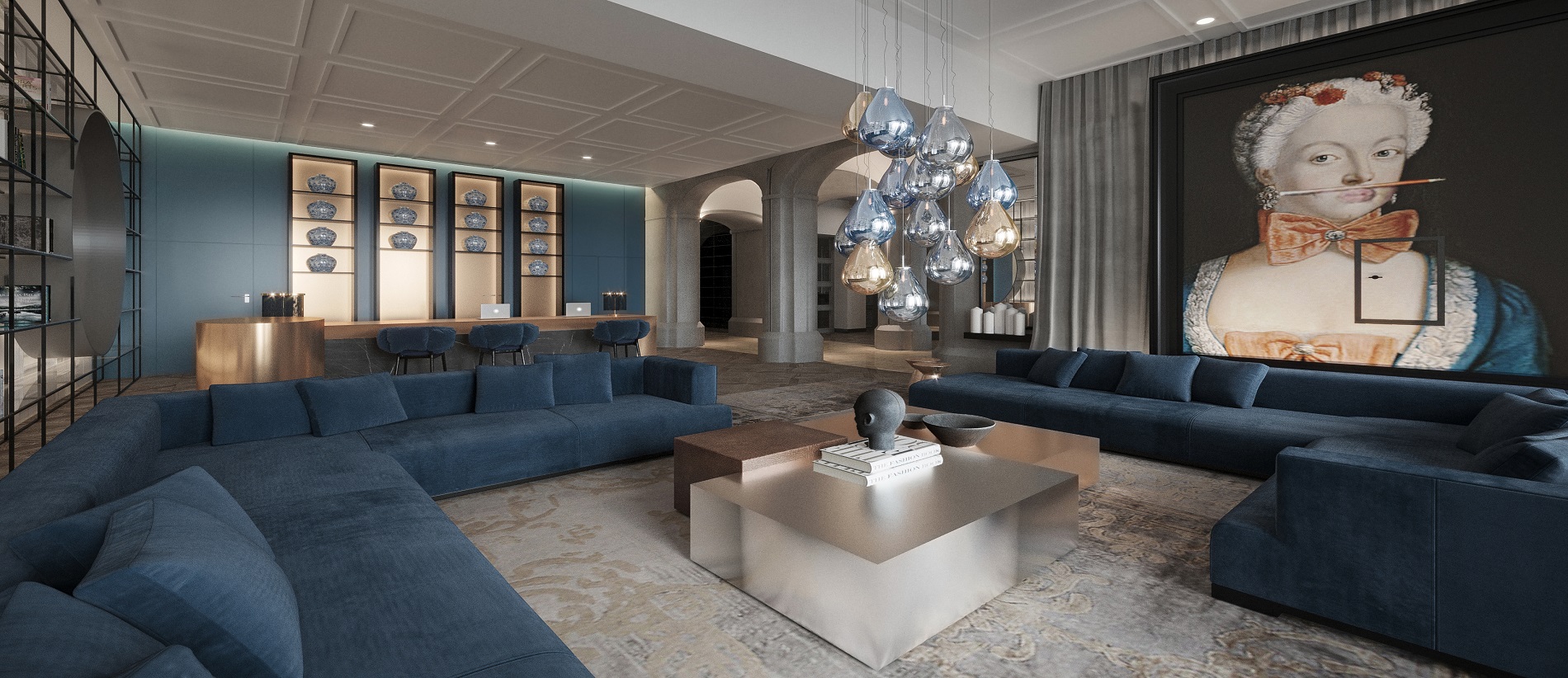HITT post event on recruitment and the mistakes of employers
 |
| 8 million workers vs. 13 million pensioners - in 2034, the "War of Talent" is apparently raging. / Photo: Ernie Journeys Unsplash |
Berlin/Augsburg (March 31, 2023). Are some companies not finding employees because their CEOs don't prioritise talent acquisition? Because they still haven't understood that employee recruitment is hard-core sales business and has nothing to do with soft HR? Are many failures perhaps homemade? This is exactly what a self-critical expert discussion hosted by HospitalityInside and the recruiting company LHC International from Berlin revealed.
For three hours, 18 insiders intensively and openly discussed the status quo in recruiting, how to deal with today's applicants, and new acquisition channels. The virtual meeting also provided an opportunity to add depth to the lively discussion surrounding the "S" (Social) in ESG and its importance for corporate structures at the HospitalityInside Think Tank (HITT) 2022. LHC Managing Director Garry Levin was the impetus for this session.
 |
|
| The impetus for the session: Garry Levin. / Photo: LHC |
In 2034, Germany will see eight million new workers replace 13 million retirees, Levin soberly clarified (Source: Global HR & Recruitment Services Industry Statistics). And this gap will also be due to the current change. Many Gen Y/Millennials (1981-1996) were born into prosperity and a high quality of life - at least in Central Europe - and "they also want high-quality work, a good working environment and the appreciation of talent," says Garry Levin, describing the increased demands.
The generation that has already grown up in a digital world, knows where to get information and what they themselves want, but then often also refuses to be loyal to their employer, the HR professional admits: If problems arise in the workplace, they often prefer not seek solutions, but rather to leave for the next company.
Billion-euro market for employee transfers
This trend, we note here, will become a super business in the future. "Employee transactions" will increase massively, further driving the "war for talent." According to Global HR & Recruitment Services Industry Statistics, the global talent acquisition market is estimated to be worth €450 billion in revenue, €14 billion of which is generated by the hospitality industry. In 2024, the total is already expected to reach €530 billion.
In view of this development, the attitude of hotel employers must also change: "CEOs need to release budgets for talent acquisition just as they do annually for sales & marketing," noted Sascha Dalig, Wyndham's Regional Director Central Europe. "Talent acquisition no longer has anything to do solely with HR. It's pure sales & marketing today!" The employer has to sell himself and be aware of his values and benefits, not the applicant anymore."
 |
|
| Many employers are not fast enough, says Nadine Diolulu. / Photo: LHC |
In 2020, staff turnover in the industry averaged 26%; following the pandemic that figure rose to 40-50%, reports Nadine Diolulu, Chief of Staff & Hospitality at LHC. A shocking increase, but with an obvious explanation. Many employers are clearly falling into their own traps: They do not react fast enough (only after weeks!), they insist too much on old-fashioned procedures, on bureaucratic (first the CV, then the interview!) as well as hierarchical ones (first the CEO decides, then the head of department, not vice versa!) or their managers suffer from an exaggerated ego ("It is an honour to work for us" or the boss finds some little fault with every applicant).
Companies that do not respond within 24 or 48 hours have already lost. They don't realise they are competing against offers from many industries, not just the hotel industry: Almost every applicant today has a handful of offers at the same time.
Training on the job is the future
"In the course of years, we’ve done ourselves out of young talent," Nils Baltot says, recruiting manager at Grand Hyatt Berlin. He is also an trainee manager and examiner at IHIK (Chamber of Industry and Commerce), and at most requires an applicant to submit a resume; interviews take precedence. The future belongs to on-the-job training anyway, he says, given the increasing need to acquire foreign employees from all directions. "This makes language training a crucial issue, even for each individual hotel. Today, we are not only competing with other hotels in the industry, but with all employers across all industries."
In addition, each group must place more emphasis on training according to its own corporate culture and quality level, because German training standards have long since ceased to reflect reality. "As an examiner, I have the same questions today as I did in 1998," Nils Baltot reveals in the discussion. However, this is just being adapted to today's times and new job profiles are emerging.
Many employers seems to do their best to make themselves look bad: Their profiles on employee placement platforms as well as on their own websites are unspecific, self-evident benefits for their employees are praised like winning the lottery, but nowhere are there pictures of the staff rooms or of the accommodation they provide, nor are there any reviews from satisfied colleagues. And salaries aren't openly mentioned either. It is a clear deterrent for applicants if they are asked to put their salary requirements in writing and in advance. And when they later find out, through day to day experience, that their coffee tastes worse than that for the guest.
 |
|
| Every 2nd and 4th Wednesday, Hotel Luc invites you to "Your Moment". / Photo: MHP Hotel AG |
Initial contact:
Just try things out
Much of the discussion focused on the question of how and through which channels potential young talent should be approached directly. All HR managers are now present on social media (Facebook, Instagram, LinkedIn), but is WhatsApp also the right way for personal communication? The general attitude was that it might be useful for making appointments, but most of them rejected interviews because of the lack of privacy of this channel.
Professional companies also go new ways time and again, as Andrea Feidner-Beyer, Vice President Talent Management and Acquisition at the MHP Hotel Group (Munich Hotel Partners), and her colleagues do. For example, in the lobby of the Luc luxury boutique hotel in Berlin, which belongs to the group, the on-site HR team receives interested applicants for an hour every second and fourth Wednesday in the afternoon: Under the name "Your Moment", the team has issued an informal invitation to a personal interview. Who comes? People who prefer to get to know each other in person, who may not speak German very well or who are not very good at using PCs (the internet). If someone comes who wants to apply for the kitchen, for example, the HR colleagues ask someone from that team to join them.
"This is precisely what the candidates like most, as they get to get to know the people they would be working with in the future - i.e. also the professional colleagues - and the environment directly. This is how we were able to find half of our trainees at the beginning of the campaign," Feidner-Beyer reports. Hearing the interpersonal tones and reacting to them is important for both sides, she says. Such appointments are not only held at the Hotel Luc, but also at all other MHP locations.
"We wonder if the industry really has a skills shortage or if it's just not flexible enough?" LHC's Garry Levin and Nadine Diolulu thoughtfully summarise. What is your response to this? / Maria Pütz-Willems
To print this article you have to be registered and logged in for newsletter, visitor or subscription.



